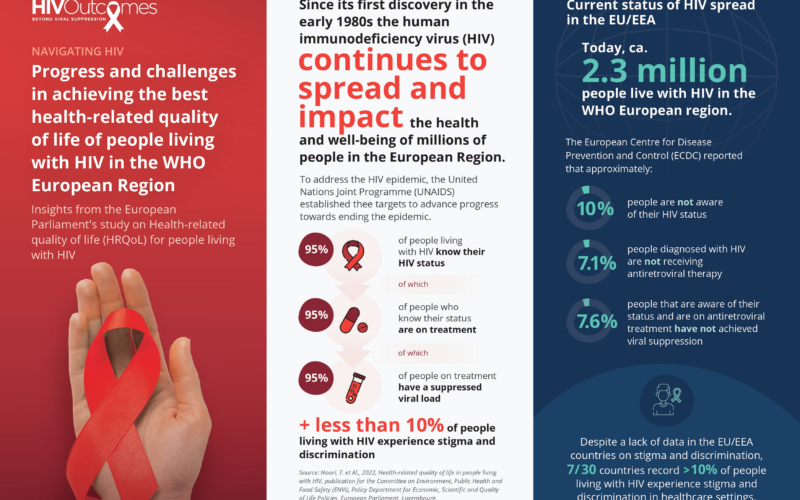Mental health: the key to living well with HIV
Efforts to enhance the quality of life of people living with HIV must include a strong focus on mental health and wellbeing
Mental health is essential to quality of life. Low mood and cognitive impairment can affect the ability to manage daily tasks, to build relationships, to be productive – to be content.
People living with HIV face significant mental health challenges. They are more likely than the general population to develop depression and problems with memory, concentration and cognition. Add to that the burden of facing stigma and discrimination in society, the workplace and the health system, and the impact on wellbeing is clear.
Mental health problems – particularly when untreated or poorly managed – can degrade physical health and the ability to take antiretroviral therapies which reduce their viral load. It is also a barrier to engaging with services: people avoid clinics if the experience is likely to cause them stress or to experience discrimination. Along with taking a profound toll on individuals, this has implications for public health and the future trajectory of HIV epidemics.
As highlighted during European Mental Health Week in May, new stresses can exacerbate existing mental health challenges. The COVID-19 pandemic has been a strain on people and communities everywhere. For those living with HIV, robust mental health is now more important than ever.
|



